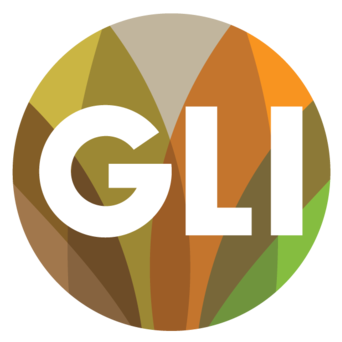Developing countries such as Uganda often struggle to create realistic action plans to ameliorate inequalities that impact people with disabilities. Inequalities may take many forms and may cross many areas of life, including medical care, education, and social inclusion, and may further vary based on disability and geography.
Objective
The report seeks to map available resources and identify gaps in medical care and education, and describes the unique challenges facing children and adults with Down syndrome in Uganda. We conclude by making specific recommendations on how to address these gaps.
Methods
This research used convenience sampling and snowball sampling to conduct 50 semi-structured interviews with people with Down syndrome and their families, local and international experts, community advocates, local and national public health workers, and key leaders in Uganda.
Results
Results from this report include four key recommendations: creating a word in Luganda for Down syndrome, improving in-country medical training related to making an earlier diagnosis of Down syndrome and to providing care for commonly occurring co- morbidities, creating inclusive education opportunities by increasing teacher training, and advancing this work in Uganda in a more coordinated and collaborative approach across public, private and nonprofit sectors.
Conclusions
This research may help set Uganda on a path for the full inclusion of individuals with disabilities, including those with Down syndrome. The approach recommended could inform how other developing countries respond to persons with disabilities.


